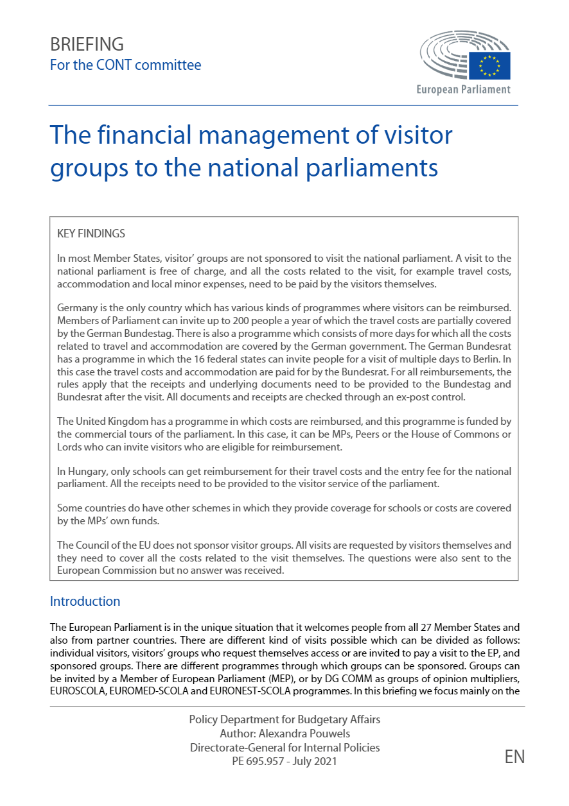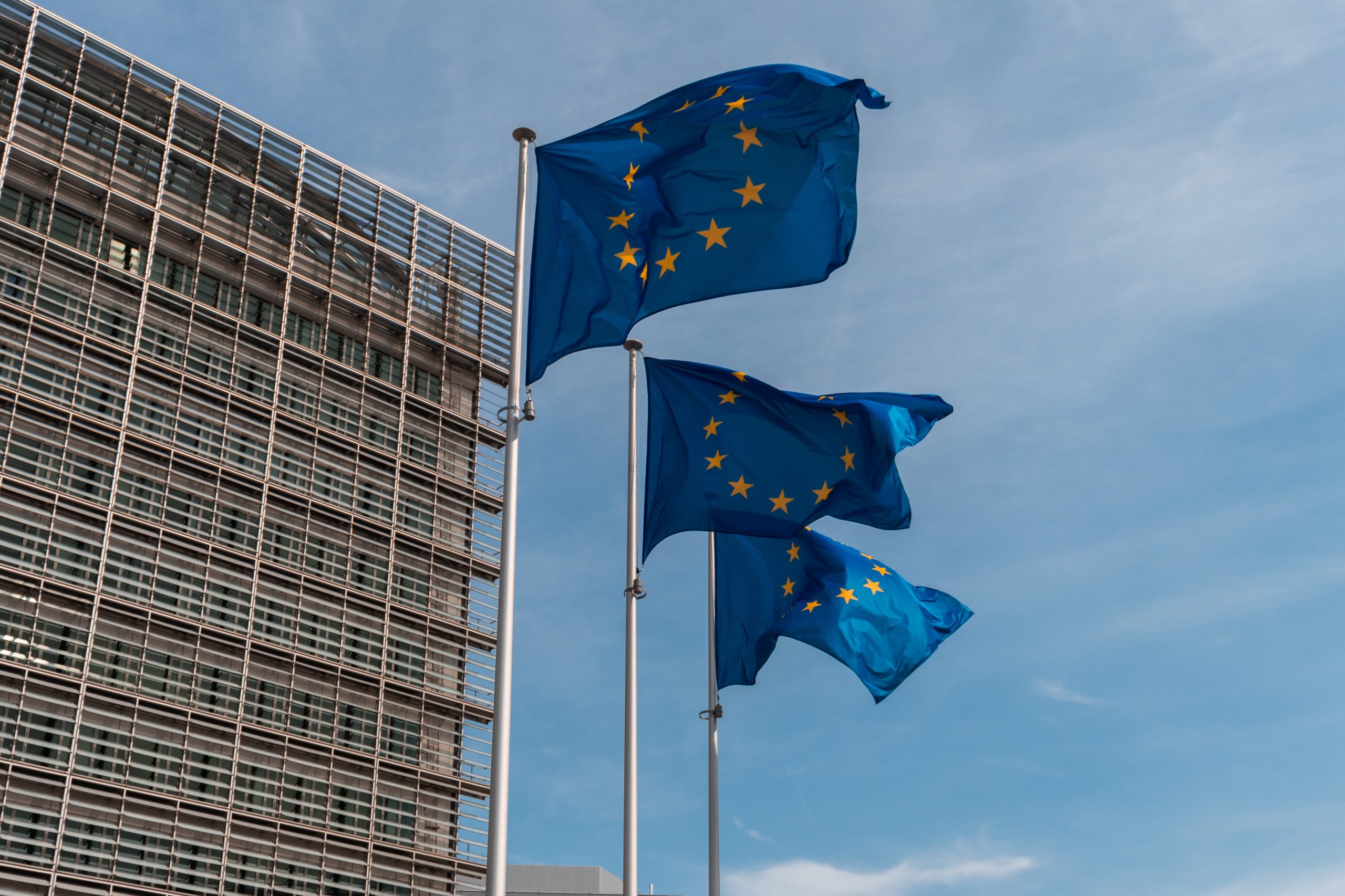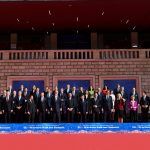A Joint Declaration on EU legislative priorities for 2023 and 2024 was signed by the Presidents of Parliament, Council and Commission.
European Parliament President Roberta Metsola, Czech Prime Minister Petr Fiala, for the Council of the European Union, and Commission President Ursula von der Leyen signed the Joint Declaration on EU legislative priorities for 2023 and 2024, building on the solid progress over the last year.
The Joint Declaration sets out a shared European vision for a stronger and more resilient Europe in the face of Russia’s unprovoked, brutal aggression against Ukraine and its wide-ranging impact – all the while tackling other serious challenges such as the climate crisis and economic headwinds. The European Union will continue standing by Ukraine and its people while accelerating the twin green and digital transitions.
President Metsola said: “After two tough years of pandemic and with the Russian invasion still raging in Ukraine, this is the time when European leadership is needed the most. Common actions are needed to deliver European solutions for our citizens and businesses. Making sure our energy legislation helps to get bills under control and contributes to our long-term climate goals, ensuring sustainability of the EU budget and finalising migration and asylum reforms are all priorities for the European Parliament. These reforms are especially important in view of the 2024 European Elections, when citizens will hold us accountable for how the EU has responded to the current challenges.”
President von der Leyen said: “Russia has brought war back to Europe. The consequences of this aggression are being strongly felt in Europe and the world. This Joint Declaration is a testament to our resolute commitment to remain united in supporting Ukraine and its people, and in overcoming the great challenges of our time, such as climate change. It charts a way to deliver on the promises we made to our European citizens.”

Parliament approves 9.5 million in volcano aid for La Palma |
Joint Declaration highlights key legislative proposals that are currently in the hands of the European Parliament and Council, or will be put forward by the European Commission in 2023. It commits the three EU institutions to giving utmost priority to initiatives aimed at delivering on the European Green Deal, achieving the digital transition and enhancing the EU’s resilience, creating an economy that works for people, making Europe stronger in the world, promoting our European way of life, and protecting our democracy and values. The three institutions aim at achieving the best possible progress on the initiatives included in the Joint Declaration by the next European Elections in 2024.
The EU institutions also welcome the results of the Conference on the Future of Europe, and have reaffirmed their commitments to following up on the proposals, each within their sphere of competence. Many Conference proposals have already been reflected in the Commission work programme for 2023.
Despite a challenging year, the leaders of the three EU institutions also welcomed the achievements of 2022. This notably includes the provision of humanitarian, political, financial, and military support for Ukraine and its people, as well as unprecedented sanctions against Russia to exert economic pressure and to undermine Russia’s military capabilities. The EU provided Ukrainians with access to jobs, housing, education, training, and healthcare under the first-ever activation of the Temporary Protection Mechanism. With the adoption of the REPowerEU plan, the EU will phase out Europe’s dependence on Russian fossil energy while boosting renewables and energy security. At the same time, the implementation of the national Recovery and Resilience plans under NextGenerationEU are fostering a resilient recovery. The three institutions remain committed to find common EU solutions to tackle the cost-of-living crisis for the citizens and businesses.
Moreover, important legislation was agreed across a number of priority areas already identified in the 2022 Joint Declaration, including on the landmark Digital Markets Act and Digital Services Act, fair minimum wages, gender equality on company boards, and some of the Health Union and Fit for 55 proposals. The start of 2022 also marked 20 years of the euro and the beginning of the European Year of Youth.
Next steps
The three EU institutions will continue working together on the basis of this Joint Declaration and the accompanying working document, which lists some 164 key legislative proposals.
Background
Since 2016, the European Parliament, the Council, and the Commission have discussed and agreed on EU legislative priorities for the following year in an annual Joint Declaration. This enables the institutions to work more effectively and more closely together on key legislative proposals put forward by the Commission for which the European Parliament and the Council are co-legislators.
In addition, in 2020, the three EU institutions signed Joint Conclusions for 2020-2024, which set out the common policy objectives and priorities until the next European elections in 2024.

The financial management of visitor groups to the national parliaments |







Leave a Reply